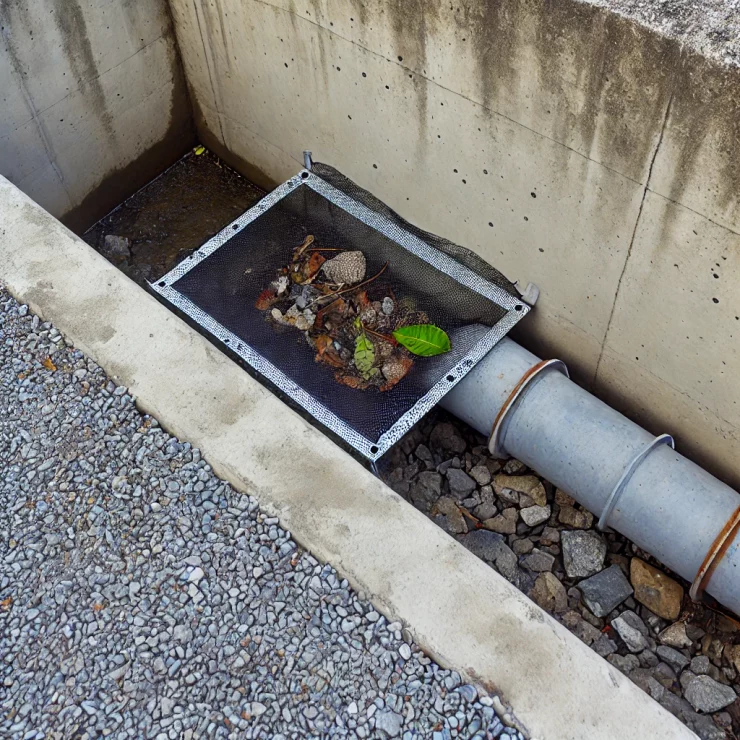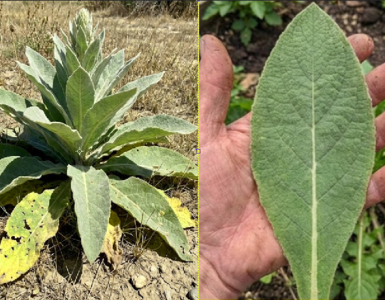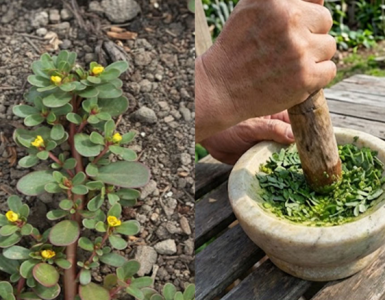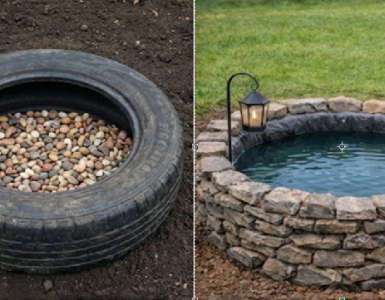As urbanization and industrialization increase, so does the threat of waterway pollution from stormwater runoff. Streets, parking lots, and sidewalks collect pollutants such as oil, heavy metals, microplastics, and sediment, which can quickly find their way into rivers, lakes, and oceans through storm drains. However, an innovative, low-cost solution—installing filters along roadsides—could play a significant role in combating waterway pollution.
Understanding Roadside Pollution and Runoff
When rain falls on impermeable surfaces, like roads and sidewalks, it picks up pollutants before entering storm drains. Traditional stormwater infrastructure often lacks treatment mechanisms, meaning untreated polluted water is discharged directly into nearby waterways. This pollution can harm aquatic ecosystems, contaminate drinking water, and make recreational water unsafe.
Roadside pollution includes:
- Sediment and dirt from tire wear and construction debris.
- Heavy metals like lead, copper, and zinc, often from vehicle brakes and tires.
- Petroleum-based pollutants like oil and grease.
- Microplastics from degraded road paint, synthetic rubber, and litter.
- Nutrients like nitrogen and phosphorus from fertilizers in urban landscapes.
How Roadside Filters Work
Roadside filters are simple, yet effective, installations designed to intercept and treat stormwater runoff before it reaches the waterway. They work by capturing, filtering, and slowing down water to allow for the removal of contaminants.
There are different types of filters, but common varieties include:
- Sponge-based filters that absorb and retain pollutants.
- Biofilters which use vegetation and soil to treat water naturally.
- Sand and gravel filters for capturing larger particles and sediment.
- Oil and grease interceptors to separate petroleum pollutants.
These filters are often placed within existing storm drain systems or built as add-ons to roadside curbs.
Benefits of Roadside Filters
The installation of roadside filters provides several advantages, including:
- Reduced Waterway Contamination: By capturing contaminants at the source, filters prevent them from reaching rivers, lakes, and oceans.
- Enhanced Ecosystem Health: Reducing pollutants helps protect fish, aquatic plants, and other organisms from toxins that disrupt the food chain.
- Improved Water Quality: Cleaner stormwater runoff leads to safer recreational water areas and improves the quality of water for downstream communities.
- Low-Cost Solution: Compared to large stormwater treatment facilities, roadside filters are a relatively low-cost method that can be implemented gradually across urban areas.
- Easy Maintenance: Roadside filters generally require minimal maintenance, usually involving periodic cleaning or replacement depending on the filter type.
Case Studies and Real-World Applications
Cities worldwide are already experimenting with roadside filters, with encouraging results:
- Los Angeles, California has installed biofiltration systems along roads to reduce runoff pollution. Studies show up to a 70% reduction in heavy metals and a 90% decrease in suspended solids.
- Melbourne, Australia uses biofilters, including plants like sedges and reeds, in roadside installations, capturing pollutants effectively while adding green space to urban areas.
- Seattle, Washington has implemented a Green Stormwater Infrastructure program, using permeable pavement, roadside filters, and rain gardens to treat stormwater naturally.
Challenges in Implementing Roadside Filters
While roadside filters offer significant benefits, challenges remain:
- Initial Costs and Funding: Although cheaper than large facilities, roadside filter installations across an entire city require initial investment, which may need government grants or subsidies.
- Maintenance: Regular maintenance is essential to prevent clogging and to ensure filters remain effective, requiring commitment from local municipalities.
- Space Constraints: Urban areas with limited space may find it challenging to install filters without obstructing footpaths, cycling lanes, or parking.
- Public Awareness: Engaging communities to understand the importance of roadside filters and prevent pollution at the source can boost the effectiveness of these systems.
Future of Roadside Filters in Urban Planning
With rising awareness of environmental protection and sustainability, roadside filters have a promising future in urban planning. As cities grow, integrating green stormwater infrastructure and roadside filters will become essential to sustainable development. Many experts suggest combining roadside filters with permeable pavements, green roofs, and rain gardens to create a comprehensive urban water management system.
Moreover, as technology advances, newer materials, such as specialized biochar or absorbent polymers, may be incorporated into roadside filters, increasing their capacity to capture pollutants more effectively. Community engagement and policy support will be crucial in expanding roadside filter usage across different municipalities.
Simply installing filters in roadsides represents a straightforward and efficient approach to reducing waterway pollution. This solution can help improve water quality, protect ecosystems, and promote sustainable urban development. While challenges exist, cities around the world are already proving that roadside filters can make a significant difference. By investing in and prioritizing these small-scale filters, we can achieve cleaner, safer waterways for future generations.






Add comment